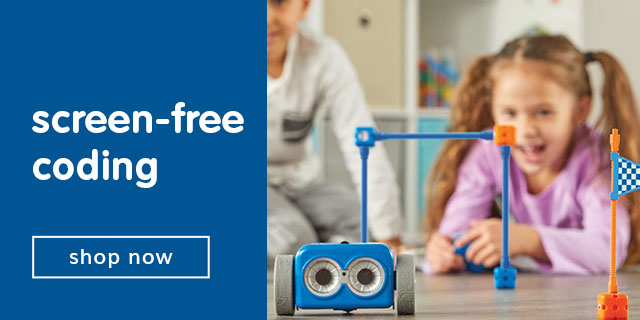
Menu
- Home
- Teacher's Blog - Tips for Teaching Self Regulation
teacher's blog informative insights by leading educators
teacher's blog
informative insights by leading educators
informative insights by leading educators
- Home
- Teacher's Blog - Tips for Teaching Self Regulation
Menu
teacher's blog
featured articles
How Do I Boost My Child's Self-Esteem? Tips for Teaching Children Self-Regulationprevious articles
Reclaiming Routine At Home Think Kindness Teaching Healthy Food Habits with Edible Gardens 4 Back to School Must Haves for Your Preschool Classroom Cooking Up Fun in the Mud Kitchen Best Gifts for Infants Toddlers and Preschoolers Finding the Interests of the Struggling Reader Connecting Children to Their Cultures and Communities 10 Tips for Beginning Child Care Providers Preparing the Classroom for Kids with Food Allergies The Paraprofessional in SPED Classrooms Make Color Spray Murals This Spring!
Tips for Teaching Children Self-Regulation
By Angela French

Angela French
Your child's self-regulation is their ability to control their emotions and responses to outside influences or occurrences. This self-regulation is vitally important for them to be functioning members of society.
Though children will be children and we cannot expect them to show desired behaviors 100% of the time, we do need to make it out goal to see the desired behaviors more and more often as they grow older.
Here are some things to consider:
- Practice sharing!
 Children, especially only children, often have an issue with sharing. The best place to practice sharing is in the home with family members. You can make dinner time a great time to not only talk about it, but to show it. For instance, when you have a pizza or something that is easy to visualize in pieces, talk about the pizza as a whole and how you are going to share it with the family. You can say things like, "I get a piece, you get a piece. See, we are sharing!" If sharing becomes normal and part of everyday life in the home, it will not be a stretch to be expected to share outside the home.
Children, especially only children, often have an issue with sharing. The best place to practice sharing is in the home with family members. You can make dinner time a great time to not only talk about it, but to show it. For instance, when you have a pizza or something that is easy to visualize in pieces, talk about the pizza as a whole and how you are going to share it with the family. You can say things like, "I get a piece, you get a piece. See, we are sharing!" If sharing becomes normal and part of everyday life in the home, it will not be a stretch to be expected to share outside the home. - Practice listening to others!
It is important that your child be able to focus on others speaking. The easiest way to do this is to practice talking to your child, or reading to them, without them interrupting. Practice by reading them a short story. Ask them to listen to the whole story. When you are finished, ask them questions, or discuss the story. Building listening skills will help them regulate their emotions and will help them learn to focus. - Practice waiting their turn!
Your child may find waiting their turn to be a challenge if they have never had to deal with it. The best place to practice is at home. Make sure that you do not give in to your childs’ whims right away. If they ask for you to get them something and you are busy, tell them that they need to wait until you are finished, or a set amount of time. When they learn that not everything happens on their time, they will have much more patience in waiting. - Practice not getting their way!
This again is best practiced at home. Even though it is easy to give our kids everything they want (if we can), it is a good practice to not always let them have their way. For example, if you tell them that the family is having spaghetti for dinner and they say they want pizza instead, even if you could easily switch, make sure that you don’t do it every time. Explain to them that spaghetti is what is being served tonight, and that you will have pizza another night. Even if they have a fit and you don’t feel like dealing with it, don’t give in. When young children always get their way, they become harder to deal with as they grow older.
featured articles
One of the greatest gifts you can give a child is a positive self-esteem. Building this takes time and practice. Your help and encouragement can help your child be better prepared for life outside the home, whether that is at school, or in public.
read more
For parents who are quarantined or self-isolating at home with their children, maintaining a routine can be challenging. In this article, you'll find some simple, fun and educational activities to help reclaim some consistency and normalcy in your day.
read more






















